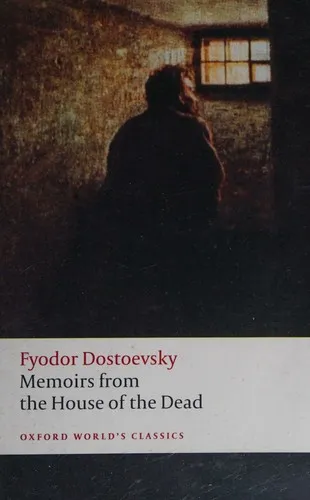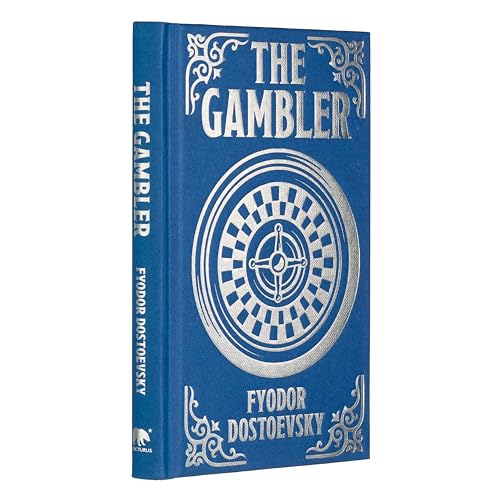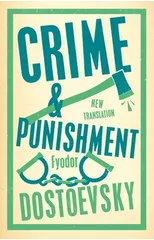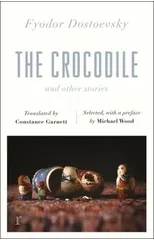Memoirs from the House of the Dead
(Autor) Fyodor DostoevskyIn this almost documentary account of his own experiences of penal servitude in Siberia, Dostoevsky describes the physical and mental suffering of the convicts, the squalor and the degradation, in relentless detail. The inticate procedure whereby the men strip for the bath without removing their ten-pound leg-fetters is an extraordinary tour de force, compared by Turgenev to passages from Dante's Inferno. Terror and resignation - the rampages of a pyschopath, the brief serence interlude of Christmas Day - are evoked by Dostoevsky, writing several years after his release, with a strikingly uncharacteristic detachment. For this reason, House of the Dead is certainly the least Dostoevskian of his works, yet, paradoxically, it ranks among his great masterpieces.
Fyodor Dostoevsky
Fyodor Dostoevsky (1821–1881) was a Russian novelist and philosopher known for his psychological depth and existential themes. His most notable works include "Crime and Punishment," "The Brothers Karamazov," and "Notes from Underground." Dostoevsky's writing style is characterized by its intense exploration of human nature, moral dilemmas, and the complexities of the human psyche. His works have had a profound impact on literature, inspiring generations of writers with their profound insights into the human condition. "Crime and Punishment" is widely regarded as his most famous work, exploring themes of guilt, redemption, and the nature of evil. Dostoevsky's contributions to literature have solidified his legacy as one of the greatest novelists in history.










